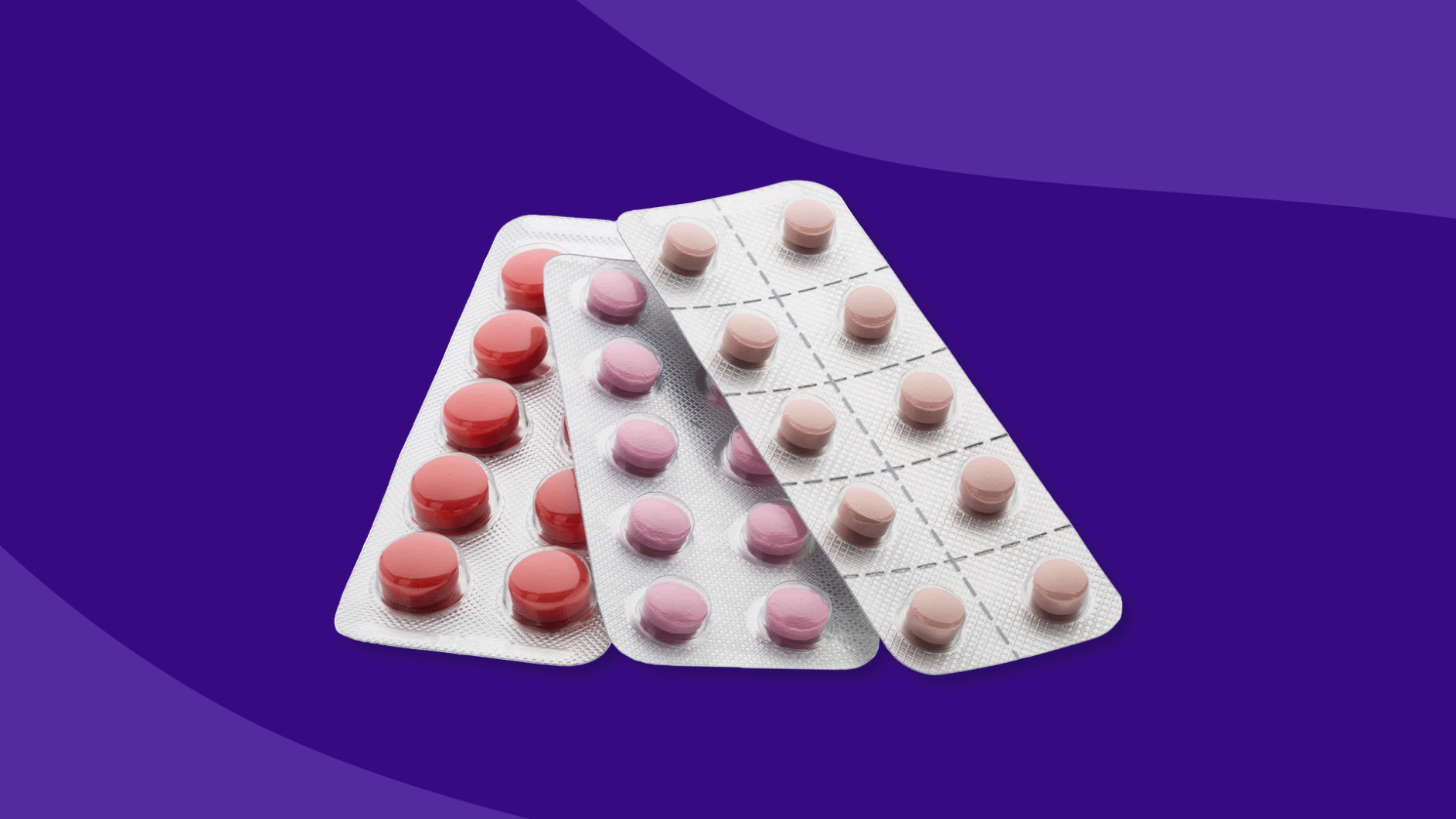The U.S. Food and Drug Administration (FDA) approved the first over-the-counter birth control pill, Opill (norgestrel), on July 13. It’s the first time a nonprescription oral contraceptive will be available to consumers to prevent pregnancy. According to the FDA, there are 3 million unintended pregnancies in the U.S. each year, and the agency believes the wide availability of Opill will “reduce barriers” to accessing birth control.
Patrizia Cavazzoni, MD, director of the FDA’s Center for Drug Evaluation and Research, spoke to that end in the press release. “When used as directed, daily oral contraception is safe and is expected to be more effective than currently available nonprescription contraceptive methods in preventing unintended pregnancy,” she said. Norgestrel was approved by the FDA for prescription use in 1973, but it hasn’t been available since 2005 due to business reasons for the manufacturer.
In a July 13 statement, Alexis McGill Johnson, president and CEO of Planned Parenthood Federation of America, applauded the move: “Birth control is essential health care. Today’s FDA decision is a historic moment for health equity, sexual health, and reproductive rights. … We are thrilled to see the FDA follow the science and remove an unnecessary barrier to accessing basic health care.”
Opill’s recent FDA approval comes after the manufacturer, Laboratoire HRA Pharma (which was recently acquired by Perrigo Company), proved the drug could be used safely by consumers with instructions found only on the over-the-counter package.
How does Opill work?
Opill is an oral contraceptive pill that contains the hormone norgestrel, which belongs to a class of medications known as progestins. Opill is a progestin-only contraceptive; it does not contain estrogen. Progestin is a synthetic form of progesterone, the hormone released during ovulation.
Opill introduces progestin to your body, in the form of norgestrel, interrupting your regular menstrual cycle. To prevent pregnancy, progestin impedes ovulation and makes cervical mucus thicker and thus less attractive to sperm. It also thins the uterus lining to make it unlikely to accept an implanted egg.
Similar to prescription birth control, Opill needs to be taken at the same time every day to be the most effective. When taken properly, known as “perfect-use,” initial clinical trials indicate the “effectiveness rate can be as high as 98%, meaning only 2 in 100 women will become pregnant in a year of use,” according to the FDA.
When taking human error into account, such as forgetting to take the daily pill, or not taking it at the same time every day, the effectiveness is lower. However, per the FDA, Opill is “very likely to be more effective than other currently available nonprescription contraceptive methods.”
Opill is not meant to be used as emergency contraception. It also does not protect against transmission of HIV, AIDS, or other sexually transmitted diseases.
Who can take Opill?
According to the FDA, Opill is “generally safe for most people who could get pregnant.”
However, there are some exceptions, including people with breast cancer or who take certain medications (such as prescription drugs that treat seizures or pulmonary hypertension) that could interact with Opill or make it less effective.
You should consult your healthcare provider or pharmacist to see if Opill is right for you.
What are the side effects?
According to the FDA, “the most common side effects of Opill include irregular bleeding, headaches, dizziness, nausea, increased appetite, abdominal pain, cramps, or bloating.”
You should not take Opill with other prescribed contraceptives, such as oral contraception, patches, vaginal rings, IUDs, implants, or injections.
When will Opill be available?
“The timeline for availability and price of this nonprescription product is determined by the manufacturer,” per the FDA. When it comes to market, consumers will be able to buy Opill at pharmacies, grocery stores, and convenience stores as well as online.




